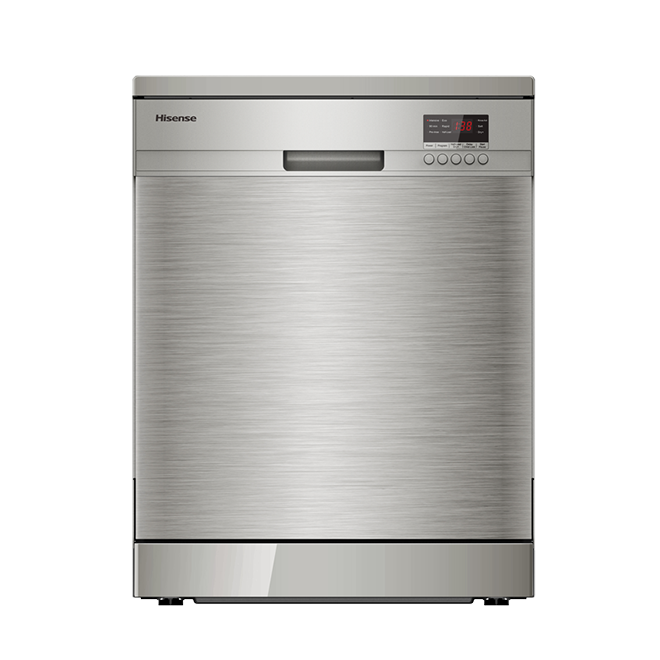Your refrigerator is the hardest working appliance in your home, so it’ll benefit both your wallet and the environment if you make an effort to keep it energy efficient. Follow these tips, and your refrigerator will be working smarter, not harder.
- Choose or Upgrade to an Energy-Efficient Model:
- When considering a new refrigerator, prioritize energy efficiency. Modern models surpass their counterparts from just a decade ago in terms of energy conservation. Frost-free, freezer top, or bottom models generally exhibit higher efficiency, especially if the fridge is not consistently fully stocked.
- Give Your Fridge a Cool Place and Room to Breathe:
- Strategic placement is key to reducing your refrigerator’s workload. Keep it away from heat sources such as ovens and direct sunlight. Ensure a minimum of 5 cm of clearance around the sides, back, and top for proper ventilation, allowing the appliance to release heat efficiently.
- Keep the Door Closed:
- Minimizing the time the refrigerator door is open is a simple yet effective strategy. Every moment the door is ajar allows cool air to escape and warm air to enter, compelling the appliance to work harder to maintain the desired temperature.
- Keep Your Fridge Organized:
- A well-organized fridge not only facilitates easier access but also contributes to energy efficiency. Reduced time spent searching for items with the door open results in less strain on the condenser, aiding in overall efficiency and longevity.
- Keep Your Fridge Full:
- Maintaining a reasonably stocked fridge has dual benefits. Firstly, a fuller fridge requires less energy to cool as there is less air to chill. Secondly, items inside help regulate each other’s temperatures. However, be mindful of airflow to prevent overpacking.
- Store Food Properly:
- Optimal food storage impacts both efficiency and freshness. Choose glass containers over plastic, as glass absorbs and retains cold better. Properly covering foods prevents moisture buildup, aiding in temperature stabilization and reducing the workload on the compressor.
- Don’t Put Hot Food in Your Refrigerator:
- Allowing hot food to reach room temperature before refrigerating not only ensures food safety but also prevents the refrigerator from working harder to cool down an elevated internal temperature.
- Keep an Eye on Door Seals:
- The integrity of door seals is crucial for maintaining the desired temperature. Regularly check and clean the seals, ensuring they are free from cracks or splits that could compromise their effectiveness. A loose seal allows cold air to escape, making the refrigerator work harder.
- Keep the Coils Clean:
- The condenser coils play a vital role in temperature regulation. Regularly clean these coils to prevent the accumulation of dust and debris, which can impede heat exchange and increase stress on the condenser.
- Use Power-Saving Settings:
- If your refrigerator features power-saving or vacation modes, take advantage of them, especially when the fridge has minimal contents. Engaging these settings can further reduce energy consumption without compromising performance.
- Set the Right Temperature:
- Keep your refrigerator temperature between 37°F (3°C) and 40°F (4°C).
- Freezer temperature should be set at 0°F (-18°C).
- Organize Contents and limit Open Door Time:
- Organize items to minimize the time the door is open. This reduces the amount of warm air that enters, forcing the fridge to cool down again.
- Defrost Regularly:
- If you have a manual defrost refrigerator, make sure to defrost it regularly. Frost buildup reduces efficiency.
- Regularly Check and Replace Gaskets:
- Inspect the rubber gaskets around the door for any signs of wear or damage. Replace them if necessary to maintain a proper seal.
- Turn Off the Ice Maker:
- If you don’t use the ice maker frequently, consider turning it off. Ice makers can contribute to energy consumption.
By incorporating these practices, you can optimize your refrigerator’s performance and reduce its power consumption, contributing to energy savings and a more eco-friendly lifestyle.








